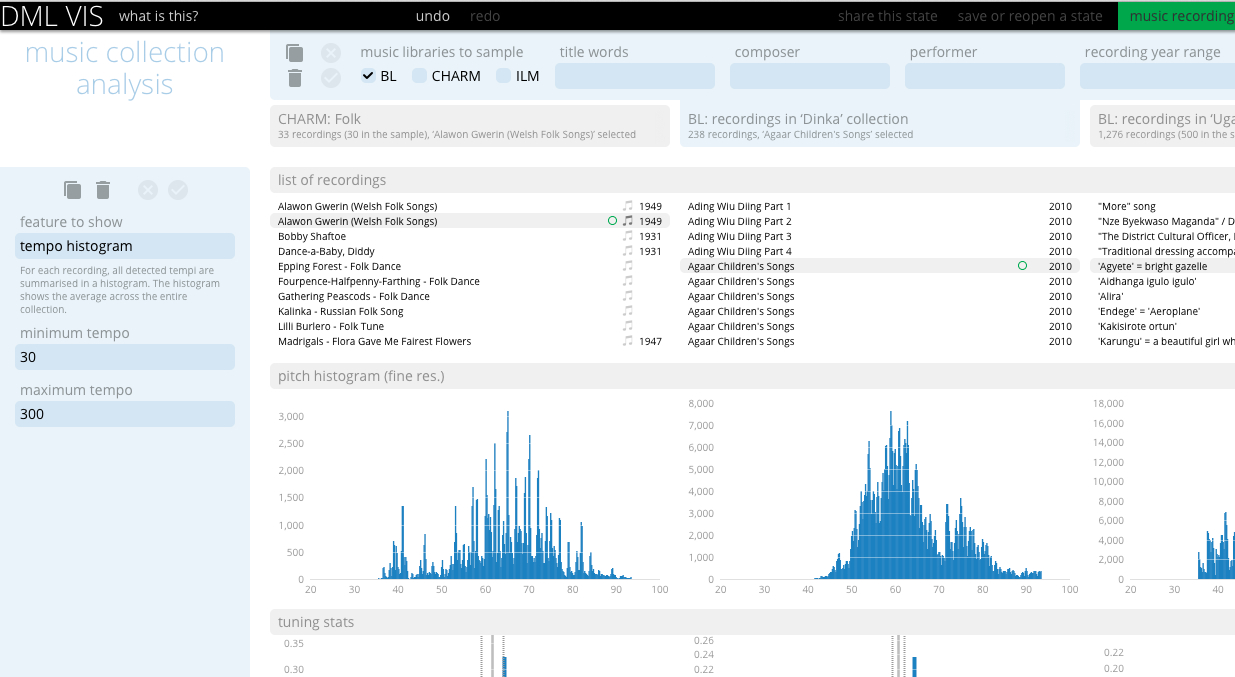A paper describing the relationships between Music Information Retrieval, Big Music Data, and musicology in relation to the analysis of recorded music and in particular the DML project was recently published at Musical Quarterly.
The paper, entitled “Big Music Data, Musicology, and the Study of Recorded Music: Three Case Studies” and authored by Stephen Cottrell (Professor of Music at City, University of London and Co-Investigator in the DML project), can be viewed by following the below link:
https://academic.oup.com/mq/advance-article/doi/10.1093/musqtl/gdy013/5235404?searchresult=1

